British PM hopes EU will respond 'positively' to Brexit offer
British Prime Minister Theresa May has said she is looking forward that the European Union would respond "positively" to her proposals for Brexit.
May made the remarks as she arrived for a summit in Gothenburg, Sweden, on Friday to launch reforms for the bloc's post-Brexit survival. She will hold talks with EU President Donald Tusk, and has already held meetings with her Irish, Swedish and Polish counterparts.
"I look forward to the European Union responding positively to that so we can move forward together and ensure that we can get the best possible arrangements for the future that will be good for people in the United Kingdom and across the remaining EU27," May said on the eve of the EU Social Summit for Fair Jobs and Growth.
May reiterated that Britain will honor its "commitments" on the divorce bill the EU insists Britain should pay.
Speaking in in Gothenburg on Friday, European Commission President Jean-Claude Juncker called on Britain to do more to unlock the next phase of Brexit talks on future trade relations and a transition deal, at a summit in Brussels next month.
"The clock is ticking. I hope that we will be able to come to an agreement as far as the divorce is concerned at the December council (summit) but work has still to be done," Juncker told reporters.

Last week, EU Chief Negotiator Michel Barnier warned the bloc was preparing for the possible collapse of Brexit negotiations with Britain.
Barnier told French newspaper Le Journal du Dimanche on Sunday that the failure of negotiations was a "possibility.”
"A failure of the negotiations would have consequences on multiple domains,” he said.
Earlier this month, Barnier told the UK that it had just two weeks to make its position clear on the Brexit divorce bill or the EU could block a transition deal with the country.
Britain has said that London is willing to offer the other 27 EU members "further assurance" on its divorce before the next summit in December.
The UK has also expressed its willingness to pay up to 40 billion euros to the bloc as it wanted considerable progress on settling Britain’s liabilities before Brexit talks resumed.
But, Barnier has said that the two sides are stuck in a "disturbing deadlock” over the divorce bill.
Davis warns EU not to put 'politics above prosperity'

Meanwhile, Britain’s Brexit Secretary David Davis on Thursday called on Germany and other European nations not to “put politics above prosperity” not to put “politics above prosperity” in Brexit talks.
He made the request at an economic conference in Berlin, Germany.
He did not comment on the key issue of how much the UK will have to pay Brussels to settle its divorce bill.
Davis has previously said it is in the interests of both sides "to work to find solutions.”
EU Chief Negotiator Barnier has said Britain must increase its financial offer before negotiators will move on to discuss the future trading relationship with the EU, amid signs May will attempt to break the deadlock by doubling her offer to around £40 billion in the coming weeks.
EU leaders have been increasingly frustrated about divisions in May's cabinet over Brexit, saying they were still unsure what the UK wanted, even after five rounds of negotiations.
The slow progress of Brexit talks has fueled fears that May's government may collapse, or worse that London may fail to strike a withdrawal agreement with Brussels before its formal exit from the EU on March 29, 2019, which could cause economic and transport turmoil in the UK and EU.
Johnson pushes for post-Brexit trade talks

British Foreign Secretary Boris Johnson on Friday urged the EU to move on to post-Brexit trade negotiations in order to solve the Irish border issue.
"The issues of the Northern Irish border and how it works are intellectually, intimately bound up with the questions of the customs union, the single market, Britain's relationship with those,” he said on Friday at a Dublin press conference with his Irish counterpart Simon Coveney.
"Those questions have been reserved by the (European) Commission for study in stage two of the negotiations. I think logically now is the time to proceed to stage two," he added.
Determining the future of Britain's land border with the EU has been a priority for the bloc, with all sides seeking to avoid a return to a hard border between Northern Ireland and the Republic of Ireland.
"We need to get on with this, but our view is that you can only really crack the problem in the context of a wider understanding of how the new customs arrangements are going to work," said Johnson, who made the comments after European Commission chief Jean-Claude Juncker warned on Friday that Britain must do "more work" before moving onto trade talks.
It could take 14 years to remove debris left by Israel war on Gaza: UN
Iran, China discuss military cooperation
Sanders to Netanyahu: 'Don’t insult American people’s intelligence'
Tehran economic conference: Raeisi hails Iran-Africa expansion of ties
VIDEO | Press TV's news headlines
Severe heat wave hits India as phase 2 of polling begins
What to expect after President Raeisi's visit to Pakistan
China describes Iran as ‘strategic partner' in West Asia


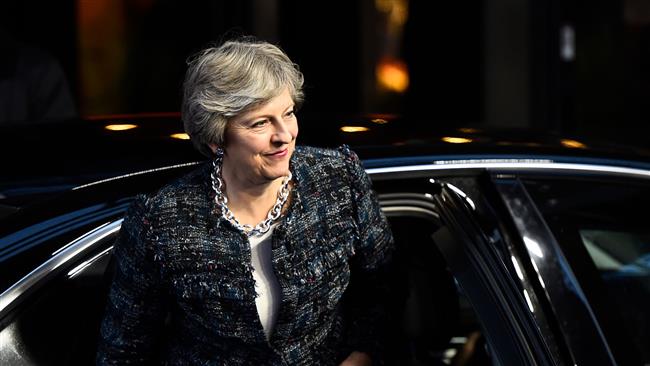
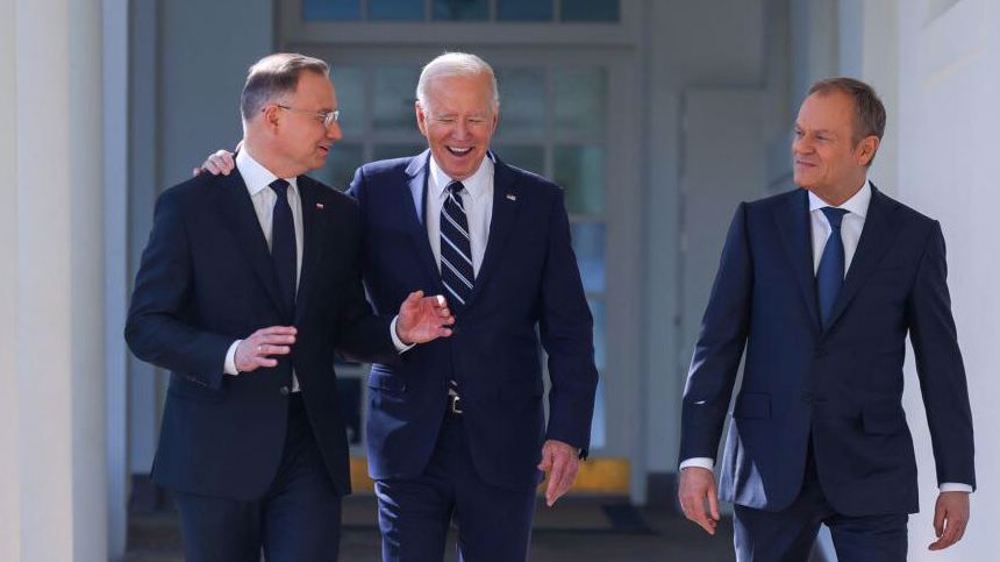
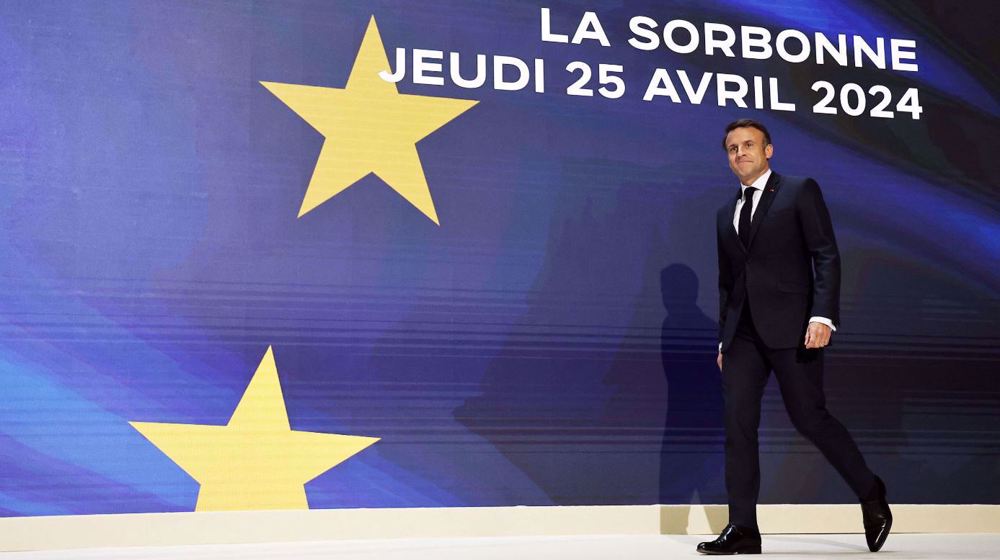
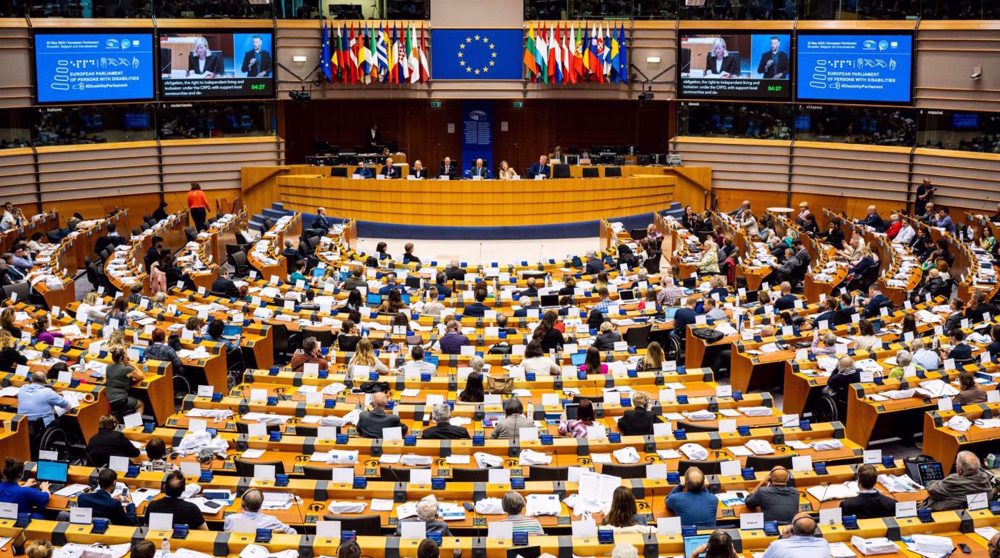



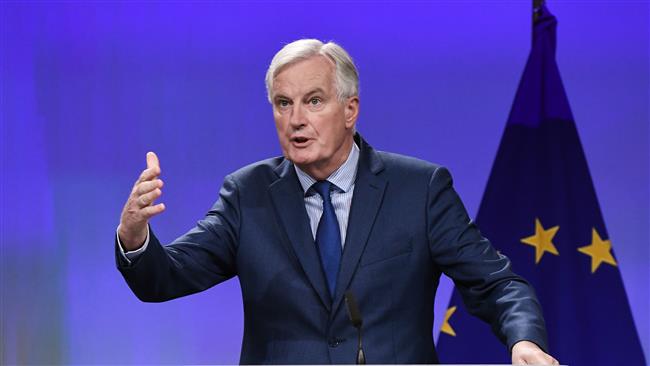
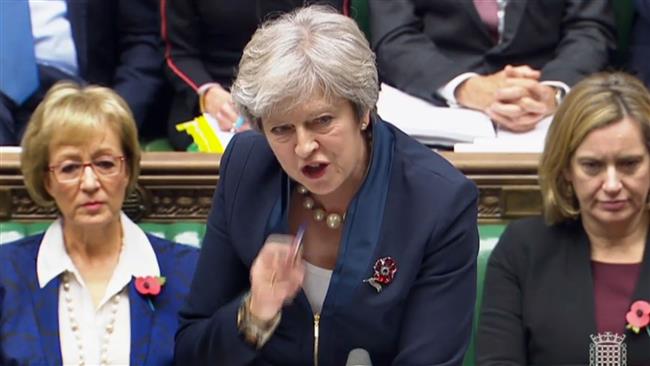
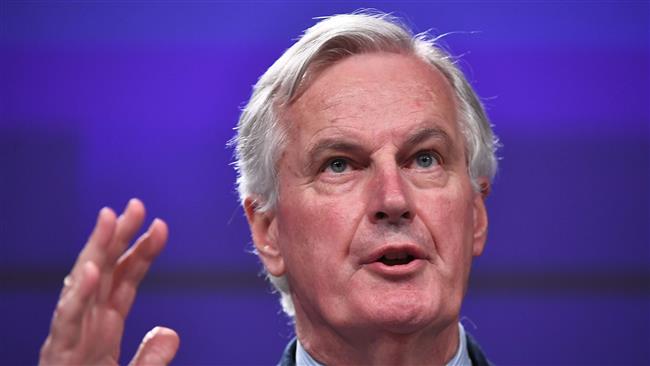
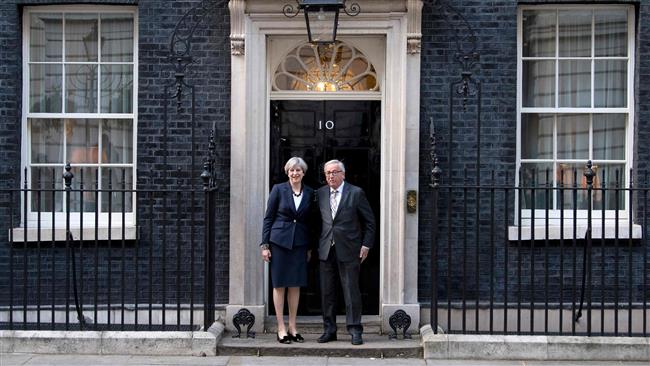
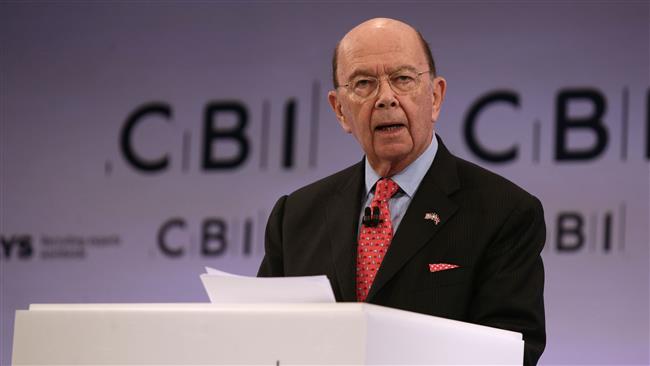


 This makes it easy to access the Press TV website
This makes it easy to access the Press TV website